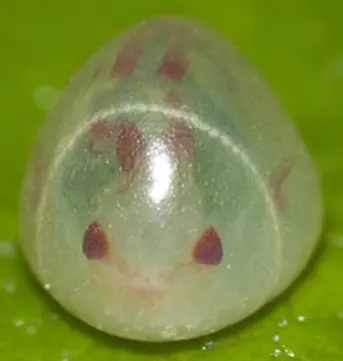I’m also experiencing a lot of issues with firefish.social instance, still looking at some other small instances to migrate for the time being before maybe moving back. Based on https://joinfirefish.org/join/ and the dev update versions it looks like it’s still an alpha server, hopefully it won’t push away users since it is the flagship instance. I like it over Mastodon.
Somebody, somewhere
- 0 Posts
- 3 Comments
I can sort of speak on Vietnamese but I’m not exactly fluent. Vietnamese pronouns are mostly gendered, and there is an additional dimension of the relative age/relationship and politeness between you and the other person when choosing which pronoun to use. Can also vary with dialect but I can’t say much on that.
There’s “tôi” for first-person and “bạn” for second person which are gender neutral but are more formal, there’s also “mình” (1st person). However for example, if you’re a young adult man you might refer to another person as “anh/chị” (literally also means older brother/older sister) if they are a man or woman slightly older than you which is usually the safe bet if with similar ages. If they could be your parents, “chú” or “cô” - also “bác” for both. If they could be grandparents, “ông” or “bà” and you refer to yourself as “cháu/con” for both. Conversely, someone younger you may refer to as “em” (gender-neutral) or “cháu/con” (gender-neutral) and you would refer to yourself as “anh/chú/ông” (male) depending on the degree of generation difference. In a hetero-romantic relationship, the guy is referred to and refers himself as “anh” while the girl “em” regardless of relative age?
I’m not sure about the queer young generation in Vietnam would use these days. For overseas Vietnamese-Americans, I have heard of “chanh” to address non-binary people which is a mix of “chị + anh” from both binary gender pronouns. There’s also “cam” since “chanh” can also refer to a lemon lol, and “cam” means orange which is a parallel that seems less binary. “Nó” is sort of an equivalent to “it” pronoun but there’s nuance to that. “Tao” and “mày” are also gender-neutral but very informal and derogatory lol



As someone from AZ (Phoenix metro), the summers feel like desiccating in an oven for three months. July easily exceeds 115+ F highs! The only silver lining is that it’s very dry so evaporative cooling is effective and there are pretty Sonoran desert landscapes. Humidity is disgusting to me tho